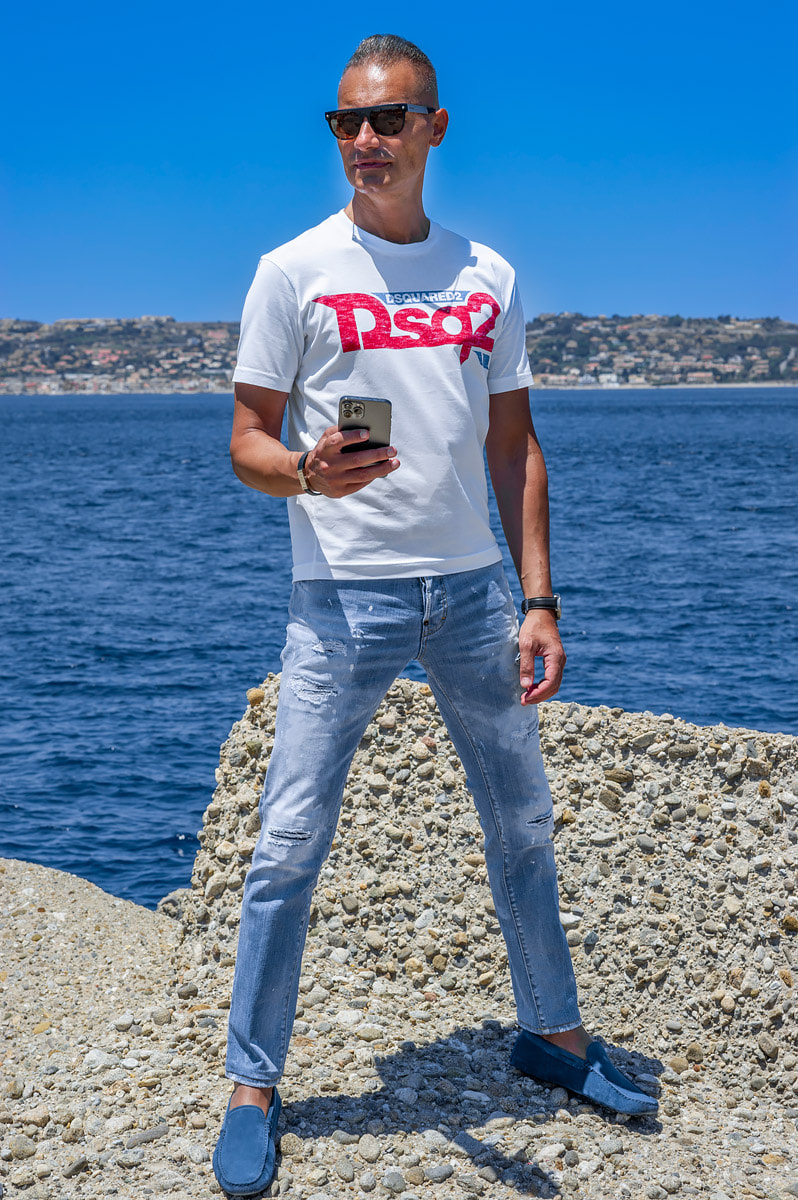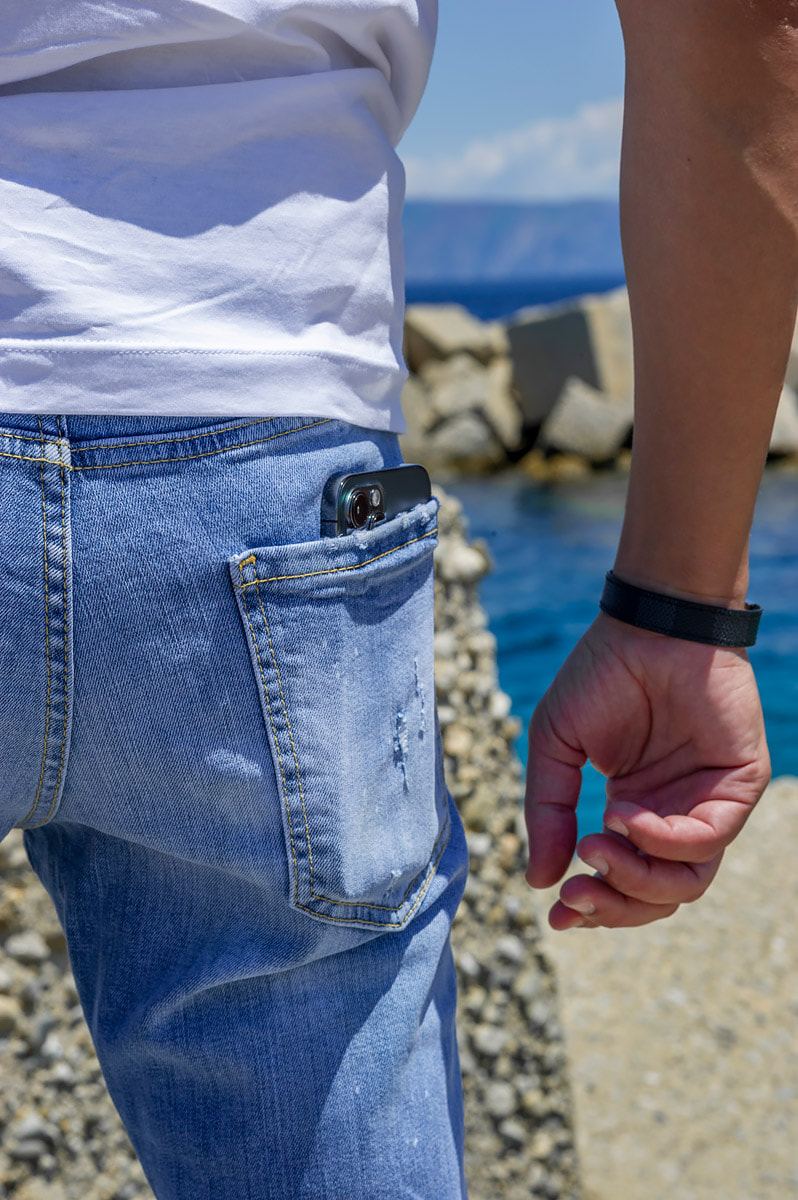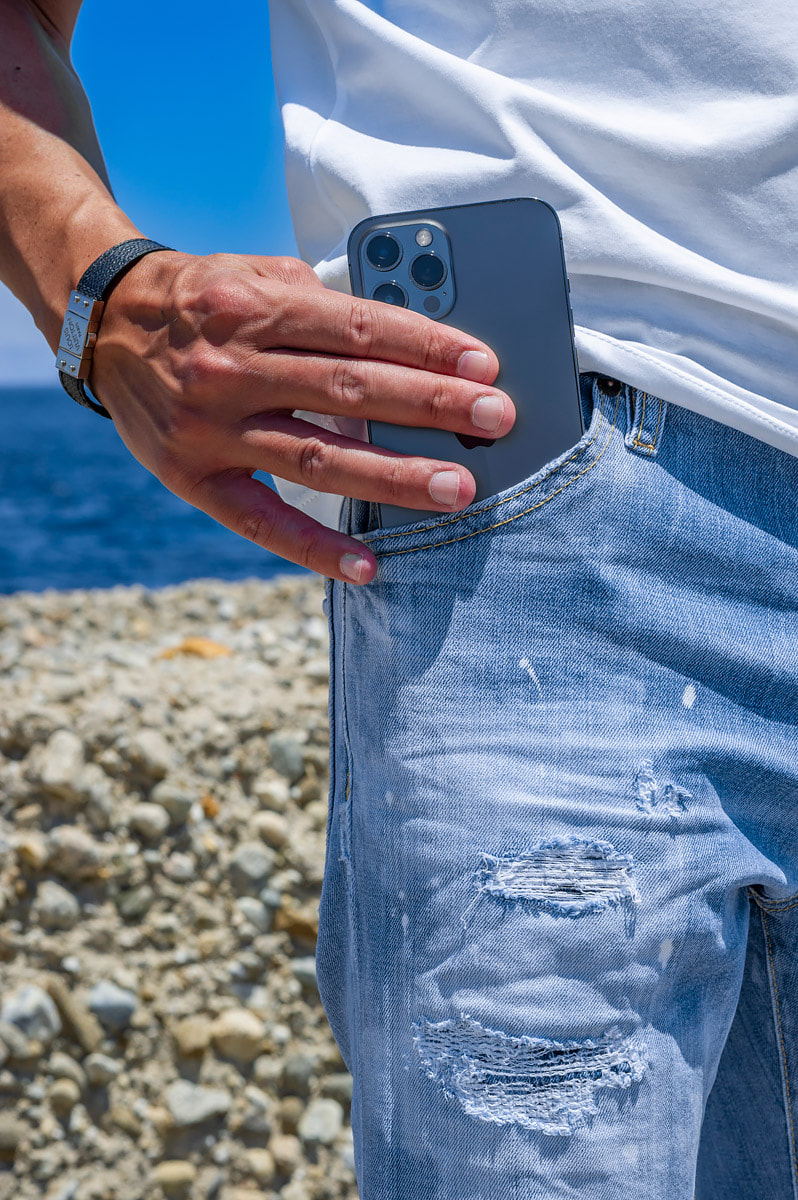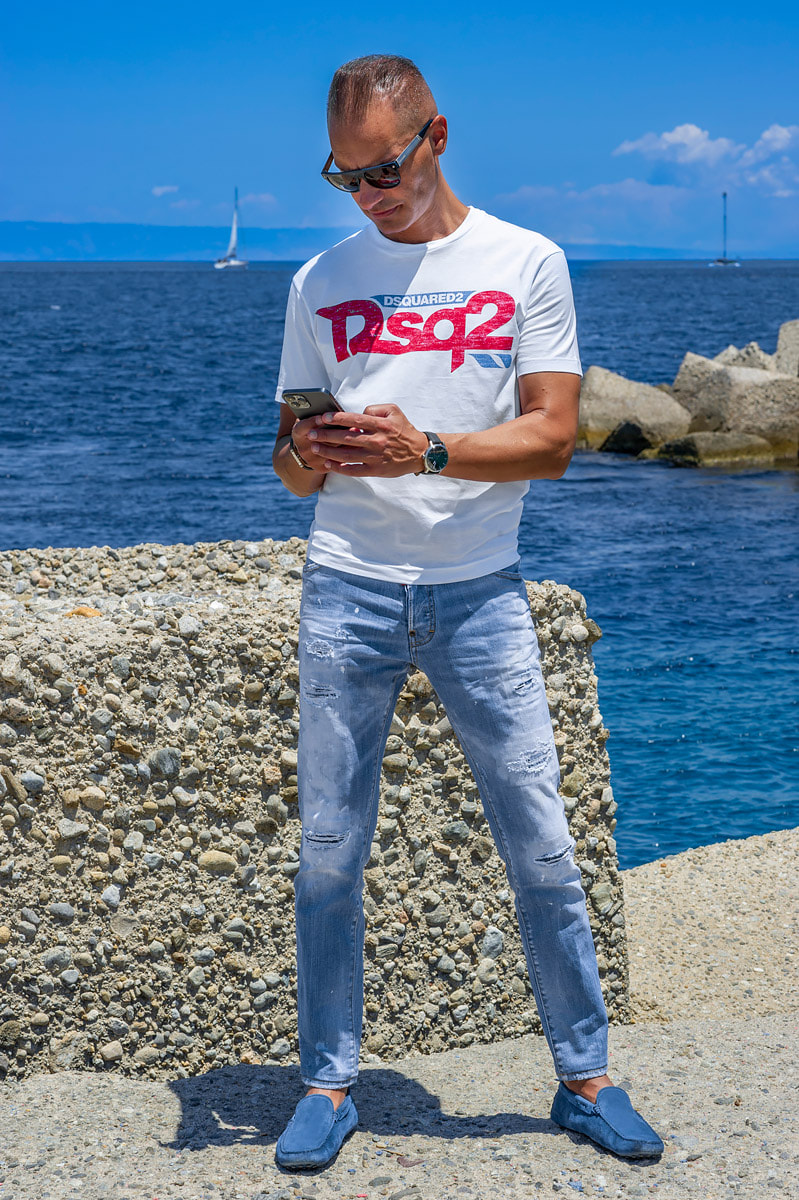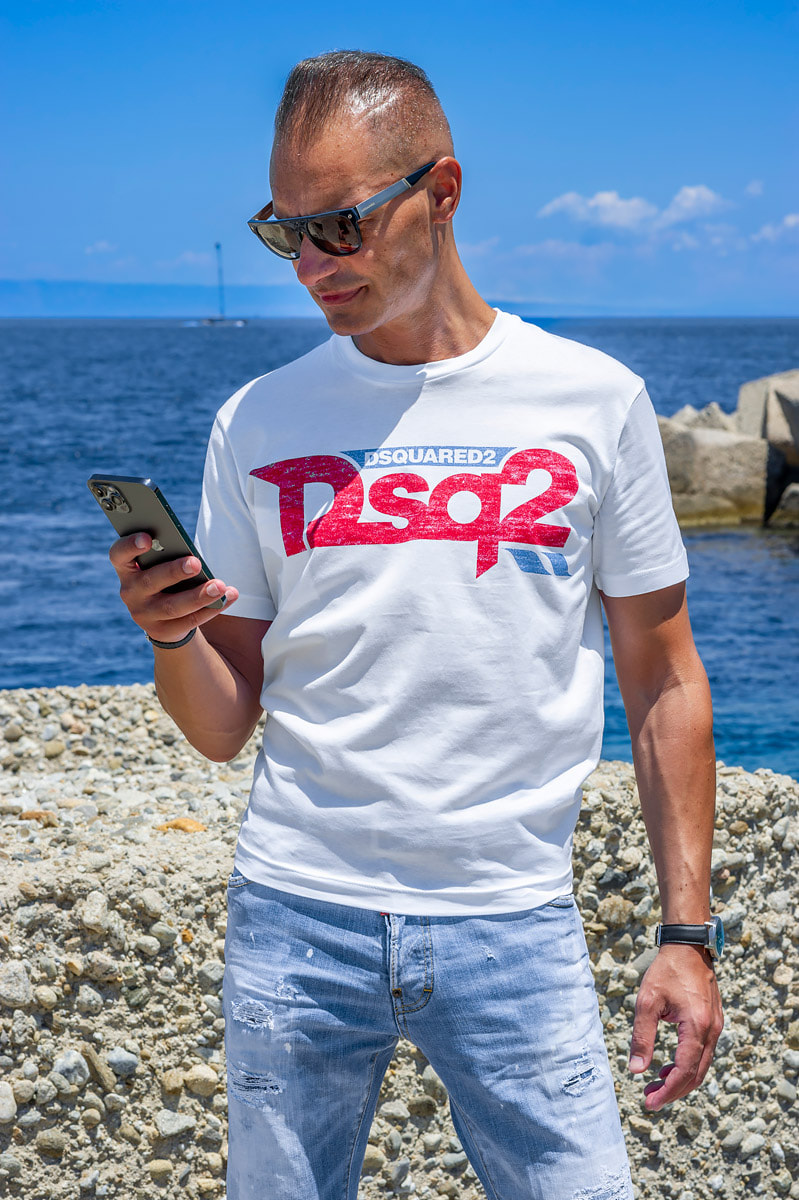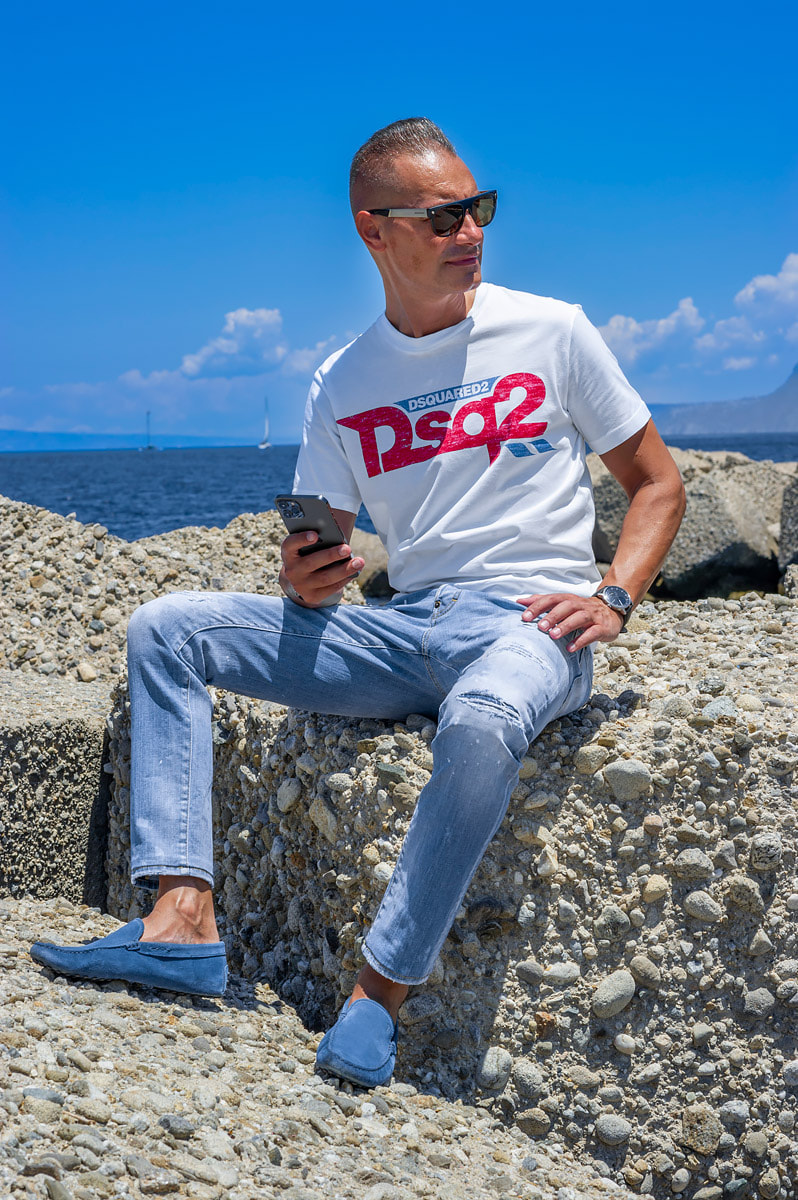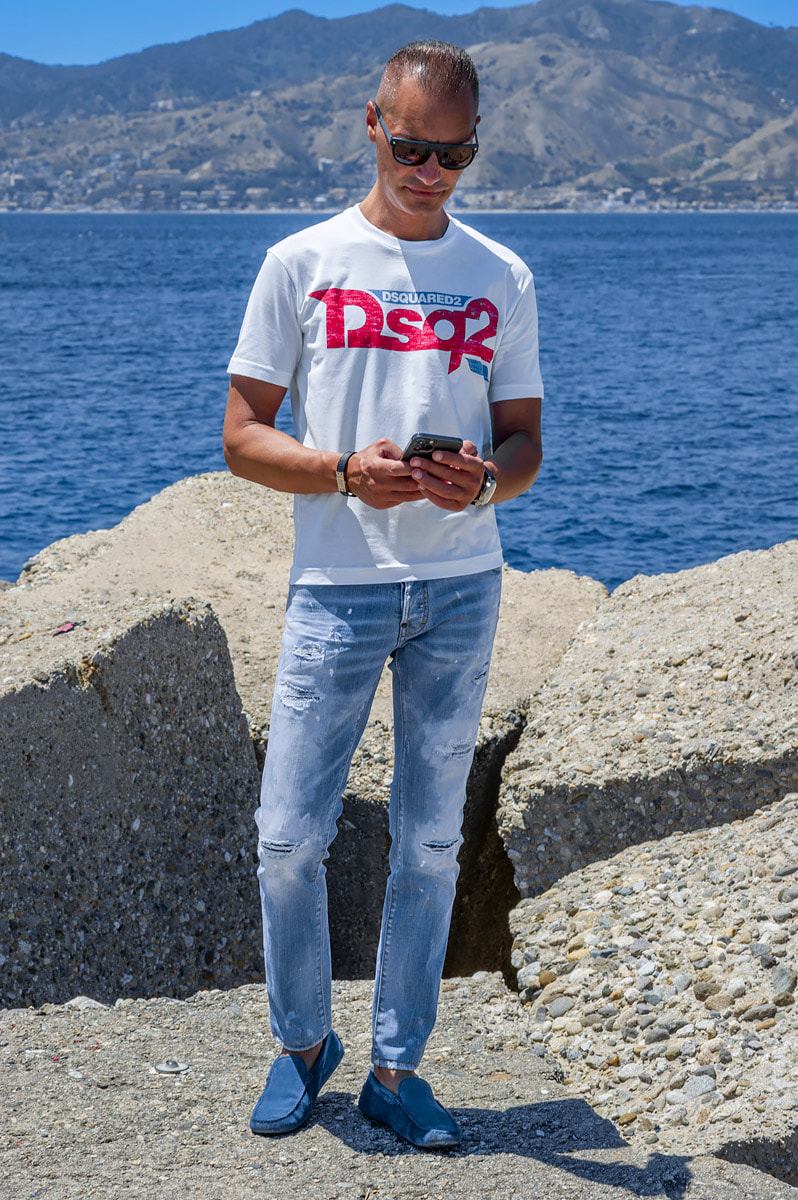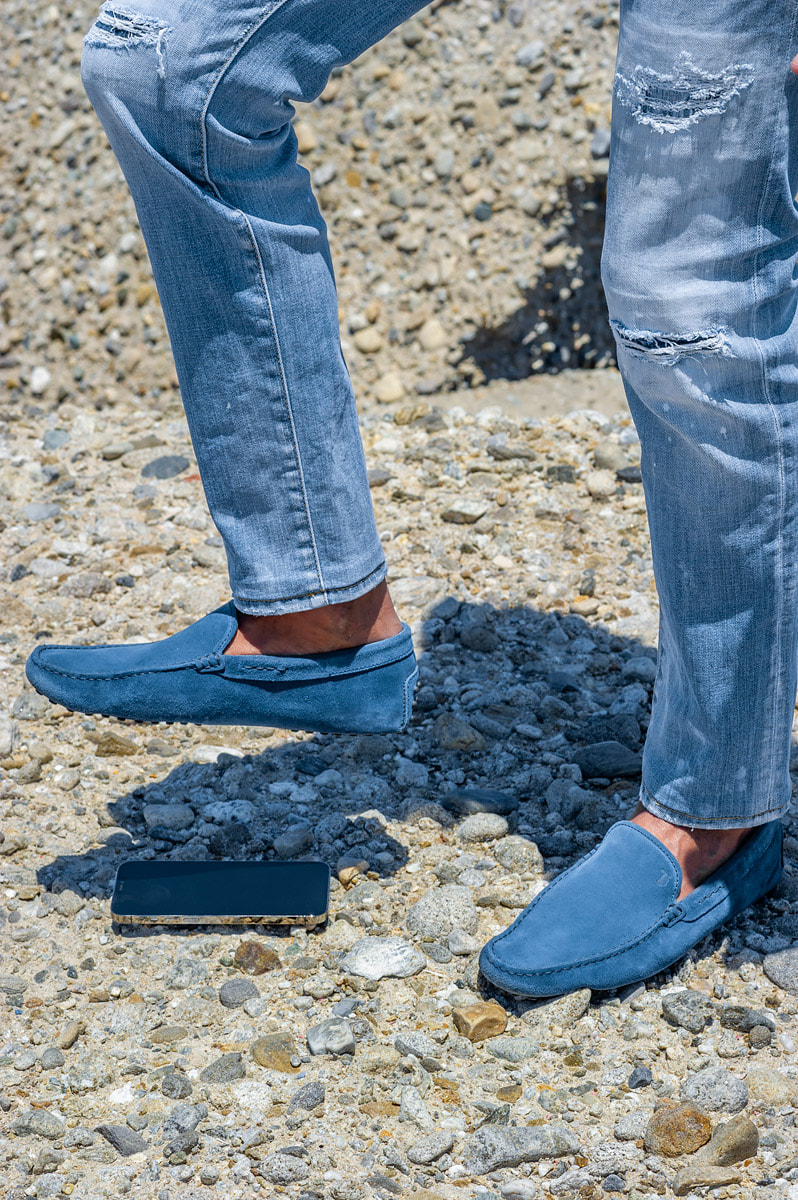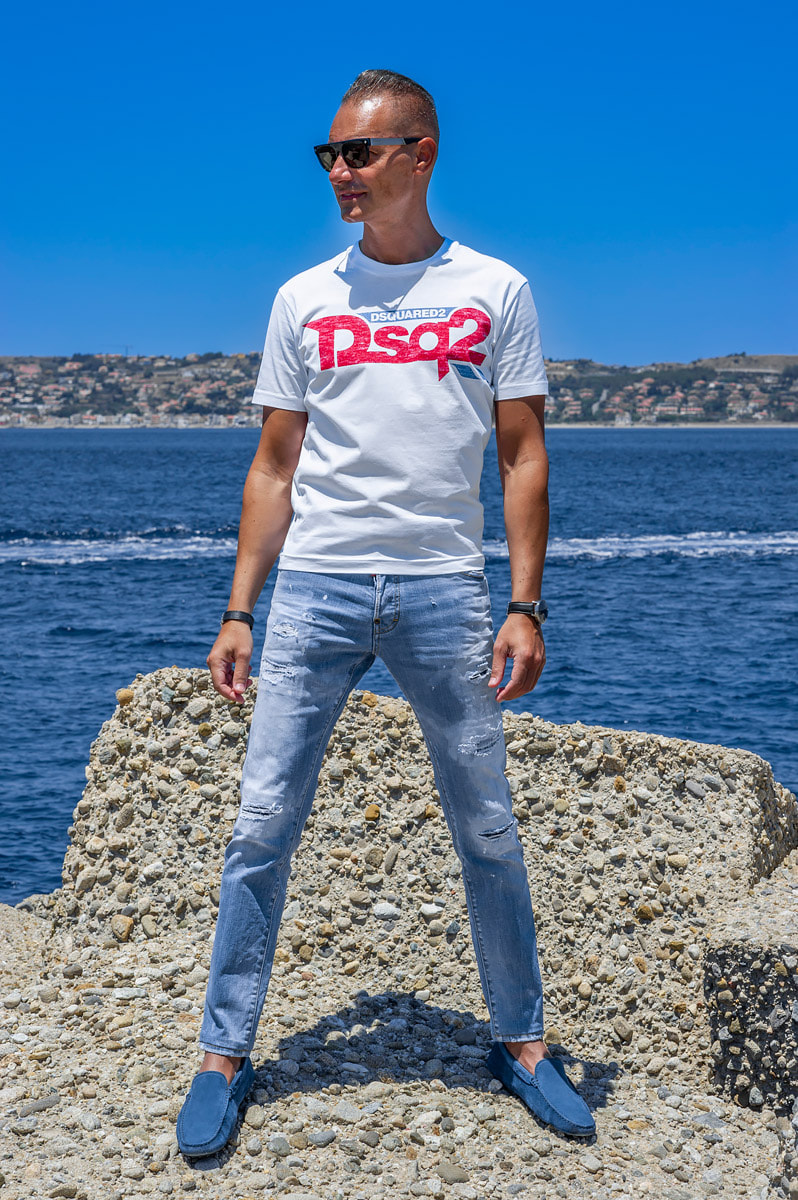By Antonio MalaraI remember as if it were yesterday the times when I started using MSN Messenger. It was the first chat to become popular and in a sense the embryo of social networks. I think it was 2007 and then everything was still done with the computer because the phones still had a GPRS connection, advanced for the times but which only allowed you to send MMS and have a faster email check. Messaging was limited to simple SMS, still present today and it seems absurd to think that long ago we had very long conversations with this type of communication. Messenger chat was identical to the common chats of today, but at the time seeing when our interlocutor was writing, if he was online or if he had read the message, gave the feeling of a more direct and intimate form of conversation. Even then these details were already synonymous with misunderstandings and small quarrels but the fact that to use Messenger you had to be connected to a computer, minimized these problems because in any case people still lived the real life outside. There were a minority of people who were beginning to suffer from the first symptoms of "control". They stayed at home, checking the chat in the hope that their preferred interlocutor would connect. It was the first form of digital flirting, and the poor idiot who stayed at home waiting for the girl she wanted, found her connected at 3 am probably after she had been physically with someone else. In a certain sense Messenger already highlighted the problems of modern chats but the phenomenon was limited due to the connection; those who loved control had to stay at home. In this context, it was the iPhone 3G that changed people's habits a bit. Thanks to a revolutionary operating system, this device used the much more powerful 3G internet connection that allowed immediate data exchange. About a year after Messenger, Facebook also had popular success that followed the same logic of "control", plus the platform gave the possibility to publish content such as photos and the famous "states". I believe Facebook was the first social network to have the app for iOS and that was the turning point that led to the modern disaster we all live today. Having a social network and at the same time being able to use it with a phone at any time has totally changed people's habits. Fortunately, initially there were few who had an iPhone but at the same time I remember how it was enough for one of our friends to have it, to check what this or that person had published, in real time. In a few years there was an escalation, WhatsApp (initially this was also only available for iOS) and then the apocalypse; the first Samsung phones that supported apps and capable of a connection speed equal to that of the iPhone. After the release of the first S1 and S2 models, in a couple of years, any living being has turned into a connected being! Personally, I identified the end of 2012 and 2013 as the years that have definitively led people to prefer virtual life (given by being constantly connected) to real life. In those years, the phenomenon of continuous control of the phone intensified because being connected meant endless notifications. This to the detriment of real conversations, as is now common today, even then, rather than listening to our interlocutor in front of us, we threw our eyes on the notification and if this was a message, the person preferred the virtual conversation. In all this, the new social networks have done nothing but intensify this phenomenon and especially Instagram after the acquisition by Facebook, in a certain sense led to the next phase which would be advertising through profiling. Initially, the social networks were of two types: those for interacting with people we really knew and who were perhaps far away (relatives-schoolmates) such as Facebook and those for interacting with people we did not know but who had tastes and interests similar to ours (Twitter). Over time this concept has been upset and the two categories have merged creating a hellish mechanism. This is because we tend to act differently with people we really know than those who know nothing about us. Facebook For example on Facebook in the beginning I had all the categories of people; relatives, true friends, work colleagues and others. At the time I published many photos of the nights I spent in the disco mostly always side by side with girls. At this point, those who were part of those nights saw the photos from one point of view, while those who did not know my private life tended to make assumptions. Not knowing reality, they went into fantasy creating imaginary stories. Both relatives and work colleagues tended to do this there. I immediately understood that this was not going well but evolution was already around the corner. In fact, after a short time the Facebook phenomenon for some unwritten rule, led us to extend our friendships to people we did not know personally. There was chaos because everyone looked at each other's connections not understanding who was a true friend or just an acquaintance. From then on, social media, in addition to being a weapon of gossip and control, has also become a way to flirt and meet people from any geographical location. Personally, after a few years, I deleted almost all the photos from Facebook, leaving the useless social network to vegetate. However, when I met real people of other nationalities, that social network remained an excellent platform for staying connected. At that point it was necessary to publish but in doing so I re-entered the loop, there were those I wanted to show the contents and those I did not. This bad mood led me years later to create a new profile where I separated the people I met during my travels along with those of a certain cultural level from everything else. On the international profile, I made a selection of pages and I must say that I was able to use that profile to my advantage, for example with regard to fashion or architecture. In the meantime, the people I followed were no longer using it. Another matter for the second profile; mediocrity was rampant there, except to be updated on some event in my city, the rest was rubbish. I deleted the second profile several years ago and at the same time I noticed that in the first one the algorithms were starting to show me what they wanted, including pages I didn't follow. Let's say that I stopped using Facebook several years ago, but definitely nauseated, I deleted the account in June 2022. This especially when I noticed that the analysis section of my page was carrying untrue data. To encourage paid advertisements, the analyzes gave me 0 clicks on the links I published while the analyzes of Google and those of the portal of my website gave other data that corresponded to each other. In reality, there were clicks but Facebook omitted them. Twitter Twitter was the second social network I joined and it was January 2011. I actually wanted to do it even earlier but the reason that stopped me was also the positive aspect of it. I had heard that Twitter gave the chance to reach people from all parts of the world and that there you could also interact with famous people. All this, however, in a completely different way with a microblog platform that then saw the possibility of using a maximum of 140 characters to express a concept or an idea with a tweet. In addition to this, there were tools such as mentions, retweets and above all the famous hashtag, where a simple character placed in front of a word, gave the possibility to do a specific and infinite search on the same topic. These tools were not common and in other words I always put off Twitter for fear of not knowing how to use it and for laziness to learn. I started using Twitter aiming to follow foreign people, both normal and famous, as well as foreign “news” accounts and fashion accounts. For me it was very nice to be able to mention Paris Hilton who in fact was the first celebrity to invent social behavior. She invented glamor, she announced the events she would participate in shortly thereafter, the trips she would take and she was the first to share the moments in real time. Paris Hilton, thanks to the innovative use she made of Twitter, destroyed in an instant the fraudulent gossip, the one made of false information, allegations or defamations. Paris Hilton was tweeting in real time and announcing her plans via Twitter, taking social life to the next level. In other words, thanks to Twitter it was impossible to get a scoop on Paris Hilton and anyone who had used the social as she did. About three years ago, after paying her a compliment, Paris (or whoever manages her account today) followed me back on Twitter, so I can be proud of this icon that in a way has brought true digital glamor innovation. But back to the beginnings of my Twitter usage, everything was fine and it was under my control until I started following an Italian girl (who I still follow and follows me) who is very popular on the platform. After starting to interact with her, it was a succession of followers of a category of Italian people of medium-high culture. To my amazement, in Italy there was someone who was worth following because they were able to make correct analyzes, ask for suggestions on more technical topics and always confront each other while respecting the interlocutor. In a short time there was like a reality of brilliant Italians interacting on Twitter, some more popular, some less. At the same time, however, I have noticed that many times the public conversation was aimed at flirting. In other words, there were many profiles of people of a certain cultural level, where people did not use their photos and through Twitter DMs they got to know each other better and later in person. I was also involved in this phenomenon and physically met some girls. So besides the nice conversations, informations and insights into topics that I liked, Twitter was also a place where I could make lovers. The real problem of the Italian Twitter, however, was that of TV, a platform snubbed by people who used Twitter because it did not give information in real time. When the first TV show began to pass people's tweets through the hashtag, people felt important and popular. From then on, those people stopped being interesting, the arguments became an end in themselves because the TV diverted attention by "entering" Twitter. The final death came when Italian politicians started using the platform. There Twitter (the Italian one) from a place of distinction has passed to a place of mass. In that period I unfollowed all the Italians I followed and at the same time I made sure that they stop following me. From then on I started tweeting in English with the long-term purpose of using it to share my blog posts. I stopped flirting and tried to follow accounts related to my passions. Twitter has always been my favorite social network but the manipulation I've seen done in recent years has made me disgusted. I state that I am apolitical, but the anti-Trump campaign made by actors, writers and famous people was simply shameful. In that time I noticed how a platform created for true information can become a weapon in the hands of the most powerful. However, recently I have been doing a work to improve my account, I am following more and more people related to art in general and I have mainly eliminated the “news” accounts. Even if I will use Twitter as a sharing platform for my site, I still want a time line that inspires me and does not distract me with unnecessary informations and opinions. Instagram Pier Paolo Pasolini was a great writer and film director, one of the few personalities who did not make me ashamed of being Italian. In an interview from the seventies he defined TV a “medium for the masses", "anyone who watches television" said Pasolini, "has a relationship from inferior to superior". In other words, whatever idiocy is said on TV is taken as truth by people. In my opinion, TV still has this meaning today, but at the same time also social networks and above all one in particular contributes to increase this process; it’s Instagram! Born as a platform for sharing images, it has evolved so quickly that inexplicably it has ended up becoming a world reference for showing worldliness and glamor. I personally joined Instagram in 2011 and initially my interactions were with people I knew on Twitter. The news were the famous filters, or the possibility of giving a vintage tone to the photo with a simple click. For me, Instagram was mainly this but slowly I managed to create a small network of people from various parts of the world. In "Creativity in Jail" I explained the process that led me to buy followers and the consequences related to this, but here I want to limit myself to describe another aspect of this platform. The glamorous escalation of Instagram begins even before the acquisition by Facebook, the latter process resulted in the definitive death of a social network that was already corrupt in the soul. In fact, it was never understood why people started using Instagram to show a fantastic aspect about their life and the way they travel. The fact is that in a short time, Instagram becomes just that; the medium for the masses of social networks! As with TV, people tend to do what they see on social media, for better or for worse. If someone starts running, if he does yoga, if he cooks, if he goes on a bike, or other stuff like this, the victim does the same. This is what Instagram has become in a short time and being a victim of the trend is very easy, personally I think it was all planned out. This leads to the cancellation of the personality, to polarization. In my opinion, normality should work the other way around; I have a tendency, I like something and I use all the tv-social media to learn more. In the days of TV there was the same principle but everything was slower because we didn't carry the TV with us, today we are always connected so it's easy to open the phone and be influenced by anything. In a certain sense, I too was a victim of this social network and I remember how in 2014 during my trip to Jordan, I was anxious to publish the most beautiful photos to impress people. Fortunately, I immediately understood the deception and basically my activity on Instagram turned into an art of seduction towards normal people and subsequently being a victim of seduction by the famous ones. In other words, girls and women loved to see people traveling, dressing well and clubbing, the lifestyle I've always had and shown on Instagram for years. This led to new connections and potential new achievements. However, there was the dark side of the platform which saw two other categories of characters; famous people and influencers. For famous people, Instagram was pure gold; they could advertise themselves continuously using all the necessary software to look much better than they are in person. Parallel to them also unknown and attractive models exploited the success always appearing half naked. I have never followed the latter type of girls, however they appeared to me in the TL only because I followed famous models. This was the result of the perverse algorithms introduced after the acquisition by Facebook, algorithms that everyone has been victims of. In a short time I realized that my TL was a mix of digital playboys and people posing in front of the greatest monuments in the world. I was faced with a double fake represented by models who were photographed and photoshopped and people who posed near a waterfall in the pathetic photo of their backs in fake contemplation. All this was not going well and it was necessary to change also because in the first case, the photos gave me too much sexual charge. I found that the sadness in using Instagram was linked to a fact of seduction. In fact, as I explained, this platform unknowingly had this type of function. At this point the scheme was simple; as long as I followed the models of my time like Cindy Crawford or Claudia Schiffer everything was fine because I didn't expect to ever be able to seduce them. You follow these people out of nostalgia, out of gratitude for their beauty and the memory of better times. Then who knows, there could also be circumstances that could also lead to meeting or even going to bed with one of these characters, but basically that is not the intent. With normal followers, everything is based on seduction, people with whom there was an attraction after long conversations and then, being from other countries, nothing had ever happened. Unconsciously, always having a hope of meeting brought suffering. The right thing to do to continue using the platform was to follow only the famous who have always fascinated us and as I have recently done some photographers who inspire me. The solution therefore was to say goodbye to these girls who I have not been able to seduce and never meet, not out of resentment but out of rationality, a gesture to continue using a platform that is useless but is the last means that gives the possibility to reach people, like those with whom we have not had time to exchange a contact after interacting. This winter, thanks to the discovery of a photographer who still used film, I began the transition towards a more normal profile. The style of this person was particular and vintage with many photos that immortalized the American places, typical of road movies. Probably since I had not followed new people for a long time, the algorithm immediately suggested similar photographers to me. In a few days I followed several of them and at the same time I stopped following some models. Suddenly the search tab began to change, offering me real photographers instead of half-naked models. It really seemed that my TL was back in the old days but the perverse algorithm was lurking! After a short time I noticed that Instagram started showing me stupid reel suggestions, where my TL was mostly populated by these videos rather than the posts of the people I followed. It was Instagram's desperate attempt to equate itself with the other new popular platform; Tik Tok. Around April I noticed that in the Search Tab there were starting to be photos and reels about cameras but still there were half-naked girls. Moreover, I found that although the platform had a certain morality regarding sexual references (for example, they removed a video of me years ago because I showed Japanese dolls with huge naked breasts) at the same time it showed animals having sex, people joking with phallic shaped rocks or worse still profiles of girls in totally porn divas poses with links of their onlyfans. Probably this last type of accounts is closed in a short time but I think a time that is always infinitely longer than what it took them to remove my story about dolls. However, the solution to having a decent Instagram was suggested by Instagram itself after an update. In fact, for some time now, the platform has given the opportunity to make a list of favorites. To have a social network with total control I behaved in the following way: 1-I have disabled the stories of all people except those of personalities like Helena Christensen and Claudia Schiffer. 2-I have disabled regardless of the posts of all the people who in my opinion do not post interesting content 3-I have created a list of favorites and when I open the app, first I look at the stories at the top then I click on the top left the favorite TL where in a few seconds, without advertising, I look at the posts of the people I follow and in chronological order, scrolling the TL with posts from the only people I care about 4-Finally I go to the DMs and from there I look at the stories of the people that interest me. In this way, I completely manage the platform according to my tastes, avoiding advertising and the perverse suggestions of the algorithm. Despite this, I consider Instagram a superfluous platform, which does not particularly stimulate me and where I rarely find inspiration. One of the principles on which the success of the social network is based is that of elevation. Each individual who has a personal page is no longer a normal subject but rises to star. Anyone who discovers someone through a social network has the impression of interacting with a famous person. This is also because the same famous people make more or less the same use of social media as normal people. At this point a natural phenomenon is triggered in which I who look at my TL and first see a photo of Claudia Schiffer, then that of an influencer and finally that of a beautiful girl who lives in my city but that I have never met, I tend to bring these people to the same level, however, to the upside. It means that as I scroll I don't perceive the difference between them and the fact that I've never seen any of those three people live makes them all seem important to me. I met several famous people that I had only seen in movies or on television and I must say that when I first saw them live, they had the same effect on me that a normal person previously seen on a social network could do. In other words, you have to be careful not to elevate a simple person too much before you even know him, not only because in person he can disappoint but also because in fact, in most cases, that person has no talent. This analysis is the result of hours spent scrolling through the TLs without being aware of what I was doing or what I was really looking for. At a certain point, however, it was necessary to understand why a virtual place born as a community ended up being a place that triggered psychological mechanisms that led to dissatisfaction. Fortunately, I was skilled in this even if there is still a lot of work to do until I reach true independence from social networks. However, I managed to identify which of these platforms is positive, capable of creating only inspiration and not addiction. The social networks to keep are definitely Flickr, YouTube, Pinterest and for the moment still Twitter. Especially in the case of Flickr and Pinterest, the thing about who makes them truly different and their structure that leads to interacting with the contents more than with the people who publish them. This is the great value of social media; open a digital platform and be stimulated and inspired by content not by people. On the other hand, the social networks to be eliminated and harmful are Facebook, Instagram and even Snapchat. Personally I have never had Tik Tok but seeing other people use this social network, it didn't make a good impression on me. However I recently met a person who explained to me in detail the potential of Tik Tok and honestly in a few months I think I'll open an account. The main reason for escaping from these social networks is because they are platforms where essentially everything is driven in terms of engagement and because they are full of articulated and personalized advertising. For me 2022 represents the escape from social networks, I have deleted many and others I have put on the black list. My idea is to go back to the technology we had at the end of the 90s. Everything was still in its infancy and having a really small device capable of shortening distances with other people was more than enough. In fact, it must always be remembered that in the beginning it was a telephone, a device with which to exchange voice communications or via SMS. My dream is that this negativity that social networks have, reaches a bit of everyone, but it would be enough for this to happen even only with "normal" people. In fact, if we look at social networks with a pinch of wisdom and logic, these platforms do nothing but highlight the worst side of ordinary people by emphasizing their mediocrity. The social network is a means to reveal oneself and only a few do it with art, with wisdom, with awareness! Everything else, as Nietzsche said, "is only humanity". Pictures: Tonino Catalano
0 Comments
Leave a Reply. |
